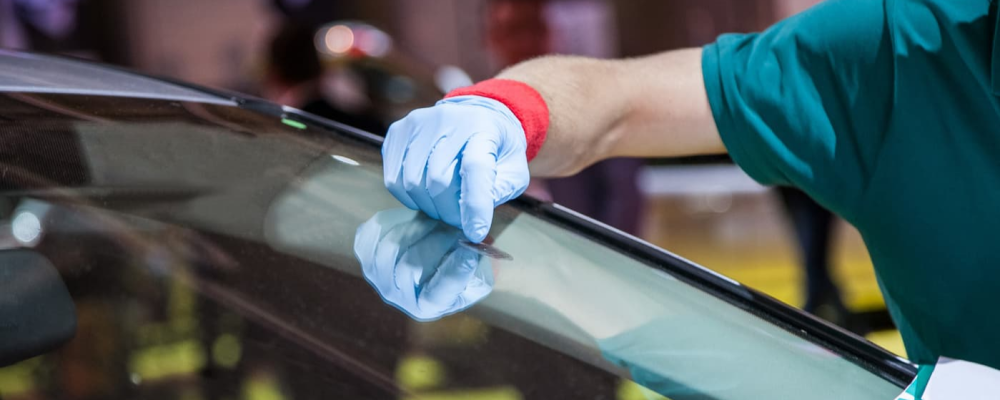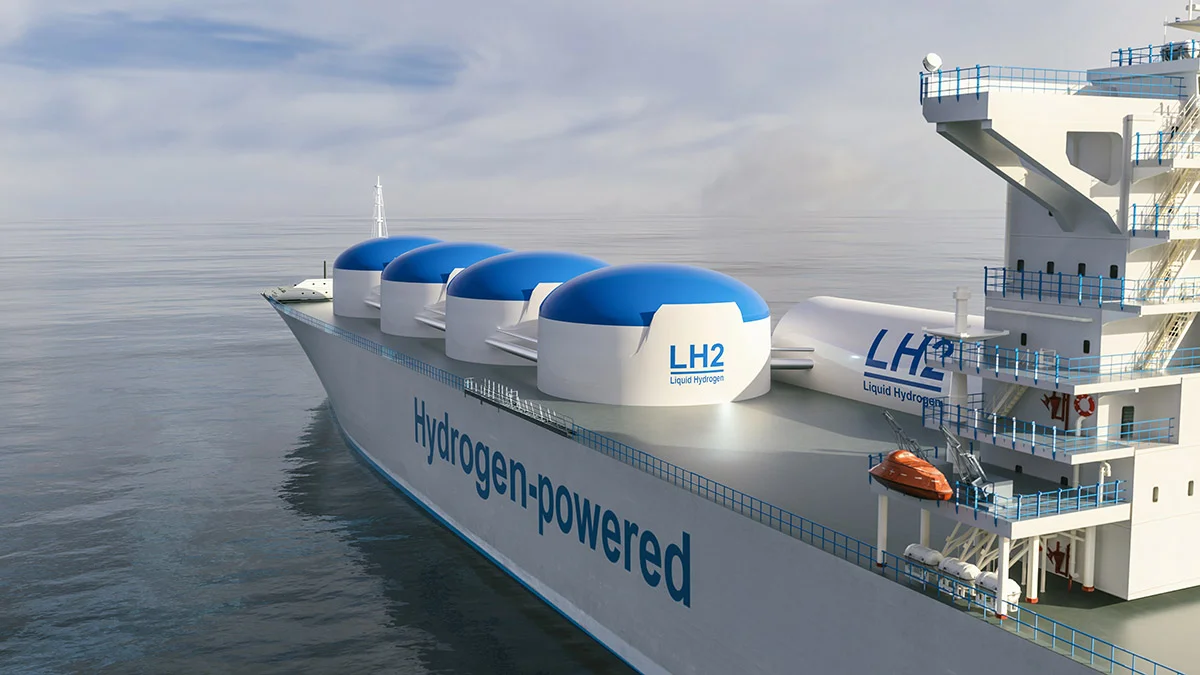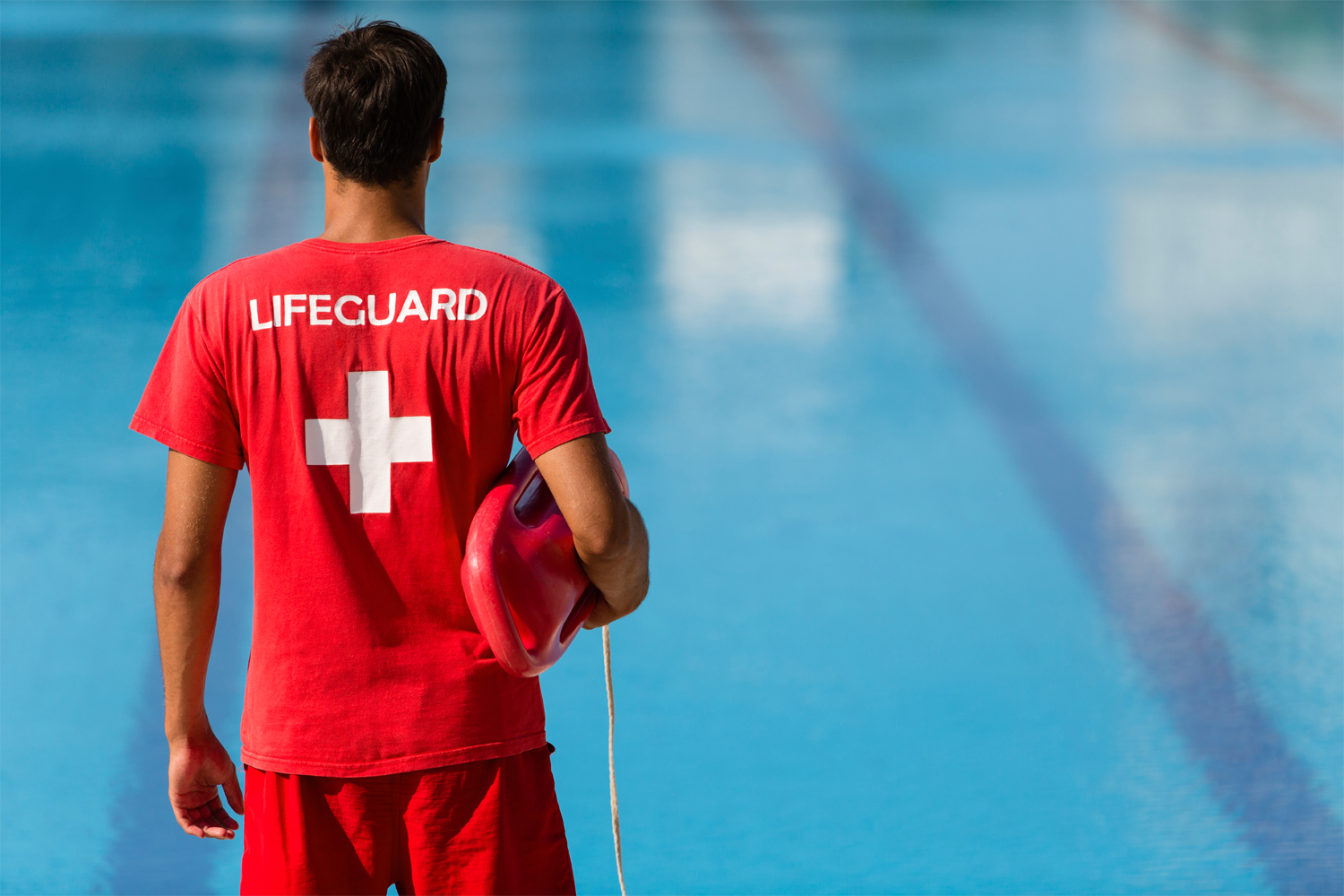Owning a swimming pool is a luxury that offers endless enjoyment, but it also comes with the responsibility of maintaining clean and safe water. Pool water purification is a critical process that ensures your pool remains a healthy environment for swimmers. In this comprehensive guide, we will explore the importance of pool water purification, the methods used, the benefits of investing in professional services, and answers to common questions pool owners have about this essential task.
Understanding Pool Water Purification
What is Pool Water Purification?
Pool water purification is the process of removing contaminants such as dirt, bacteria, algae, and other impurities from the water to keep it clean, clear, and safe for swimming. This process typically involves a combination of physical filtration, chemical treatments, and sometimes advanced purification technologies to achieve the best results.
Why is Pool Water Purification Important?
Maintaining clean water in your pool is not just about aesthetics; it’s a matter of health and safety. Contaminated water can lead to various health issues, including skin infections, respiratory problems, and gastrointestinal illnesses. Additionally, unclean water can cause damage to your pool’s structure and equipment, leading to costly repairs.
Methods of Pool Water Purification
1. Filtration Systems
Filtration is the first line of defense in keeping pool water clean. It involves the physical removal of debris and particles from the water. The most common types of pool filters include:
- Sand Filters: These are traditional filters that use sand to trap particles. Water passes through the sand, which captures impurities, leaving the water cleaner as it flows back into the pool.
- Cartridge Filters: These filters use a pleated fabric to capture particles. They are more effective than sand filters and require less water for backwashing.
- Diatomaceous Earth (DE) Filters: DE filters are the most efficient, using a fine powder to coat a grid and trap even the smallest particles. They offer superior filtration but require more maintenance.
2. Chemical Treatments
Chemicals play a crucial role in keeping pool water safe and clear. The most common chemicals used in pool water purification include:
- Chlorine: Chlorine is the most widely used pool sanitizer. It effectively kills bacteria, algae, and other harmful microorganisms. It’s available in various forms, such as liquid, tablets, or granules.
- Bromine: Similar to chlorine, bromine is another sanitizer used in pools. It’s less irritating to the skin and eyes, making it a popular choice for indoor pools.
- pH Balancers: Maintaining the correct pH level (7.2-7.6) is essential for effective chemical sanitation. pH balancers ensure the water remains neutral, preventing corrosion and scaling.
- Algaecides: These chemicals are specifically designed to prevent and control algae growth in the pool, ensuring the water stays clear.
3. Advanced Purification Technologies
For those looking for an extra layer of protection, advanced purification technologies can be employed:
- Ultraviolet (UV) Systems: UV systems use ultraviolet light to kill bacteria, viruses, and other pathogens without adding chemicals to the water.
- Ozone Generators: Ozone is a powerful oxidizer that breaks down contaminants in the water. It’s often used in conjunction with traditional chemical treatments to enhance purification.
- Saltwater Systems: Saltwater pools use a salt chlorinator to convert salt into chlorine, providing a gentler alternative to traditional chlorine pools.
Benefits of Professional Pool Water Purification Services
While it’s possible to manage pool water purification on your own, hiring a professional service offers several advantages:
1. Expertise and Knowledge
Professional pool technicians have the knowledge and experience to accurately assess the condition of your pool water and apply the correct treatments. They understand the complexities of water chemistry and can make adjustments as needed to ensure optimal water quality.
2. Time and Convenience
Maintaining a pool can be time-consuming, especially if you’re not familiar with the processes involved. A professional service takes care of everything, allowing you to enjoy your pool without the hassle of regular maintenance.
3. Cost-Effectiveness
Although there’s an upfront cost associated with hiring professionals, it can save you money in the long run. Properly maintained water extends the life of your pool and its equipment, reducing the need for expensive repairs and replacements.
4. Health and Safety
Professionals use high-quality products and equipment to ensure your pool water is not only clean but also safe for swimmers. This reduces the risk of health issues related to poor water quality.
Common FAQs About Pool Water Purification
Q1: How often should I purify my pool water?
A: It’s recommended to run your pool’s filtration system for at least 8-12 hours a day during the swimming season. Regular chemical treatments should be done weekly, and the water should be tested at least twice a week to ensure it remains balanced.
Q2: What are the signs that my pool water needs purification?
A: Cloudy water, a strong chlorine smell, and visible algae growth are common indicators that your pool water needs purification. Additionally, if swimmers experience skin irritation or red eyes, it may be time to test and treat the water.
Q3: Can I purify my pool water naturally?
A: While there are natural methods, such as using plants or mineral-based treatments, they are often less effective than traditional chemical and filtration systems. For optimal safety and clarity, a combination of methods is usually best.
Q4: How much does professional pool water purification cost?
A: The cost can vary depending on the size of your pool, the frequency of service, and the type of purification system used. However, investing in professional services is generally considered a cost-effective way to maintain your pool.
Q5: Is saltwater purification better than traditional chlorine pools?
A: Saltwater systems are gentler on the skin and eyes, and they produce a consistent level of chlorine through the electrolysis process. However, they require a higher initial investment and regular maintenance of the salt chlorinator.
Q6: What should I do if my pool water turns green?
A: Green pool water is usually a sign of algae growth. The first step is to shock the pool with a high dose of chlorine, followed by running the filtration system continuously until the water clears. Algaecides can also be added to prevent future growth.
Q7: Can I swim immediately after chemical treatment?
A: It’s best to wait at least 4-6 hours after adding chemicals to the pool before swimming. This allows the chemicals to fully disperse and ensures the water is safe for swimmers.
Conclusion
Pool water purification is an essential aspect of pool ownership that ensures the safety and enjoyment of swimmers. By understanding the methods of purification, investing in professional services, and staying informed about best practices, you can maintain a clean and healthy pool all year round. Whether you’re using traditional chemical treatments, advanced technologies, or a combination of both, the key to a safe swimming environment lies in regular maintenance and attention to detail.




